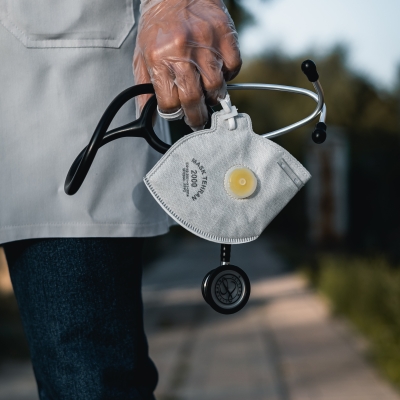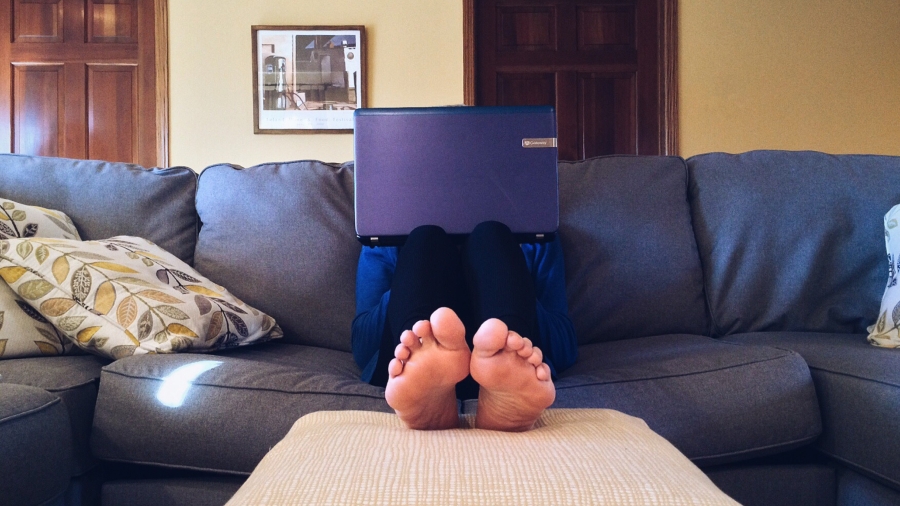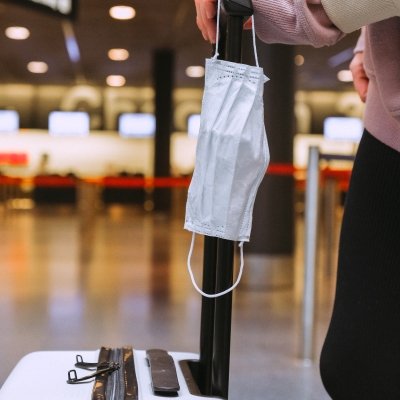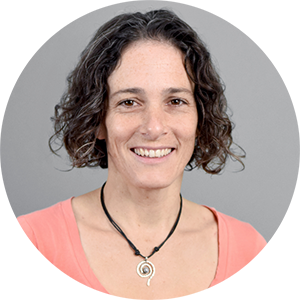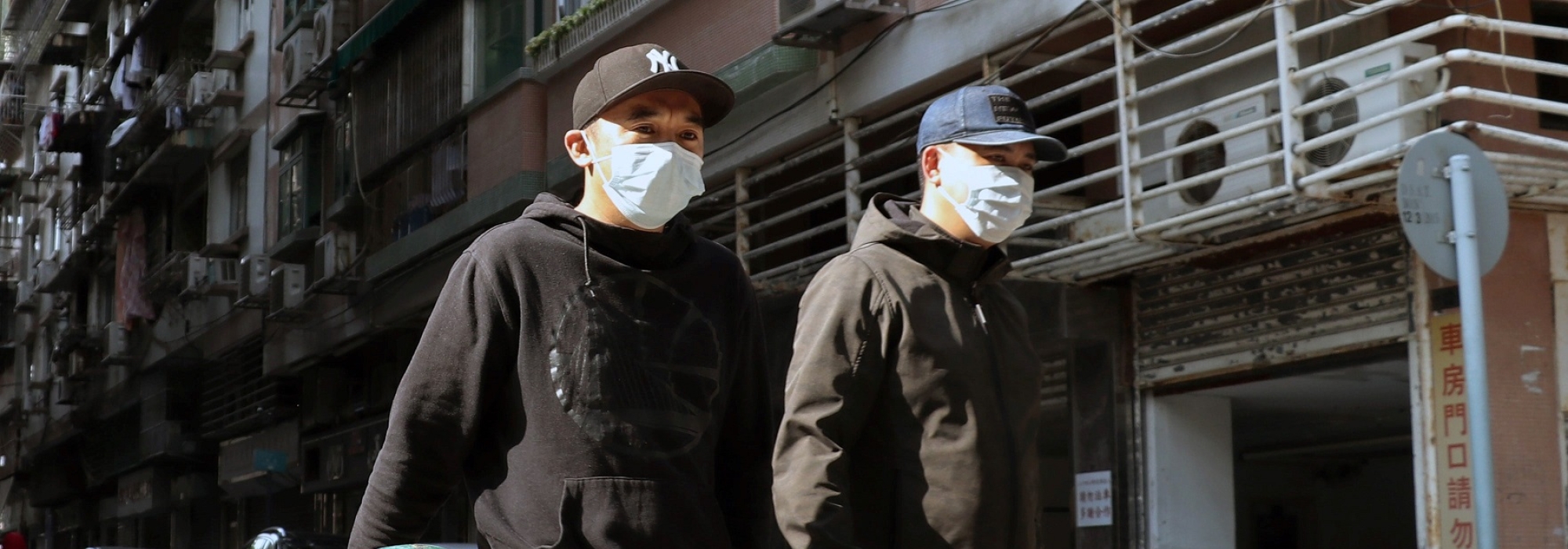
Will we ever “go back” to our pre-COVID way of life?
Deborah Salon, ASU School of Geographical Sciences and Urban Planning
"Nearly three-quarters of U.S. residents have found aspects of pandemic life they would like to continue after the threat of COVID-19 is gone. This is the ultimate way to be resilient — transforming a crisis into an opportunity to improve quality of life."
- Deborah Salon, KER fellow 2020
Background
Virtually overnight, a large fraction of U.S. households has transitioned from a reality of long commutes to telecommuting, from in-person to online classes and business meetings, and from in-store to online shopping — even for groceries. Many of these changes were happening already, but COVID-19 has pressed the fast-forward button. Knowing to what extent society will return to pre-COVID-19 ways of life is critical for making good business and policy decisions in order to bounce back better.
Research question
After the threat of contagion is gone, to what extent will American society “go back” to our pre-COVID way of life?
Methods and findings
To answer this question, Salon conducted an in-depth national survey that asked questions about travel-related behaviors and attitudes before, during, and after the COVID-19 pandemic. The questions covered a wide range of topics including commuting, daily travel, air travel, working from home, online learning, shopping, and risk perception, along with attitudinal, socioeconomic, and demographic questions. Any adult living in the U.S. was (and still is) eligible to take the survey, and Salon and her team recruited participants using social media advertising, direct email invitations, news coverage of the project, and through a survey panel company. Between April and October 2020, more than 9,000 people answered this survey. Salon is currently conducting a follow-up survey, going back to these respondents to ask how their experience and expectations for the future have evolved since they initially took the survey. To generalize from this sample to the U.S. population, her team created weights that adjust the sample so that it matches regional and national distributions of age, education, gender, Hispanic status, household income, presence of children, and number of household vehicles.
Salon's study suggests that the COVID-19 pandemic experience will almost certainly be an important inflection point in remote work trends in the U.S. Her data indicate that nearly half of the U.S. workforce is working from home during the pandemic, and that most of these workers expect to continue remote work post-pandemic, at least part of the time. Similarly, the COVID-19 pandemic has moved most business meetings online. Videoconferencing is likely to continue to be a common way to conduct these meetings post-pandemic, with an associated decrease in business air travel. Salon's data suggest that nearly half of U.S. workers who flew for business pre-pandemic expect less business air travel in the post-pandemic future. A large fraction of these specifically cited online meetings substituting for physical travel as the main reason for the expected decline. A surprisingly strong result from Salon's survey data is that many people are enjoying being pedestrians during the COVID-19 pandemic, and a full 30% expect to continue to walk more in the post-COVID future than they used to. This provides a strong impetus for streets departments across the U.S. to increase their efforts to improve pedestrian safety.
Partners
-
Arizona State University
-
University of Illinois
-
CONVERGE
-
TOMNET
Impact
After the COVID-19 pandemic: Will people leave cities for lower-density towns if they no longer need to commute to the office? Will business travel become a thing of the past as meetings and conferences move online? Will there be a glut of empty office space as large segments of the workforce move toward remote work? If so, what will become of our downtowns? Will the restaurant industry recover? Will commuters return to buses and trains?
Since the outset of the pandemic, experts have made predictions about what the future might bring and how the pandemic experience might change our economy in many ways. But these predictions have largely not been based on robust evidence. While Salon's survey data will be of interest to the research community, she very much hopes that they will be used widely by governments, businesses, and others to help improve predictions of the future, and inform our nation's economic recovery from the COVID-19 pandemic.
Read coverage of Salon's project from Bloomberg, Bloomberg CityLab, and The Hill.
Deliverables
To learn more about her project, read Salon's piece in The Conversation and her Urban Science journal article below. You can also flip through or watch one of her eight webinar presentations. Visit her website covidfuture.org for more.
Deborah Salon
Associate Professor
ASU School of Geographical Sciences and Urban Planning
Academic Fellow, 2020
Deborah Salon studies transportation in cities with the goal of contributing to our collective understanding of how these systems work, and how policies and smart investments might improve them. The methods she uses range from qualitative, interview-based research to advanced econometric analysis. Salon has substantial experience with both discrete and continuous quantitative data analysis, survey design, GIS, and management of large datasets.
Topically, Salon’s research is divided into four related tracks:
(1) Travel behavior, the built environment, and lifestyle choices in the United States,
(2) Climate policy for the transport sector,
(3) Urban transport, poverty, and economic development – both in the cities of the developing world and in the US, and
(4) Local government and transit agency institutional analysis.
A common thread in all of her work is to inform policies that aim to reduce global automobile dependence in one way or another. This overarching goal is one that she is committed to, as it becomes increasingly clear that technology-only strategies are unlikely to be enough to make our transportation system environmentally sustainable.
Salon holds a doctorate in agricultural and resource economics from the University of California at Davis. Before joining the faculty at ASU, she completed a post-doctoral fellowship at Columbia University's Earth Institute and subsequently held a research appointment at U.C. Davis's Institute of Transportation Studies.
